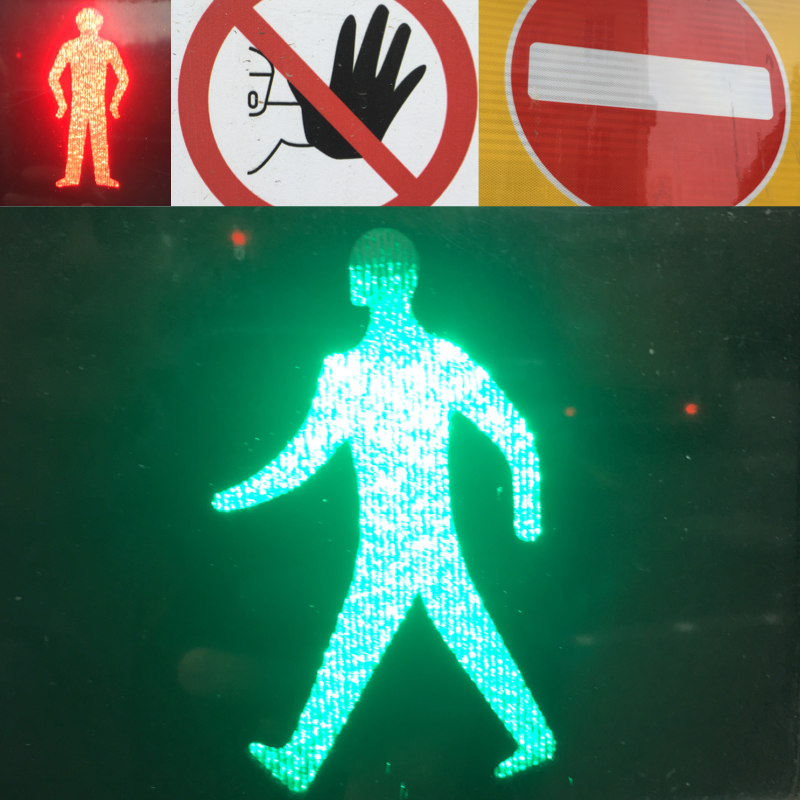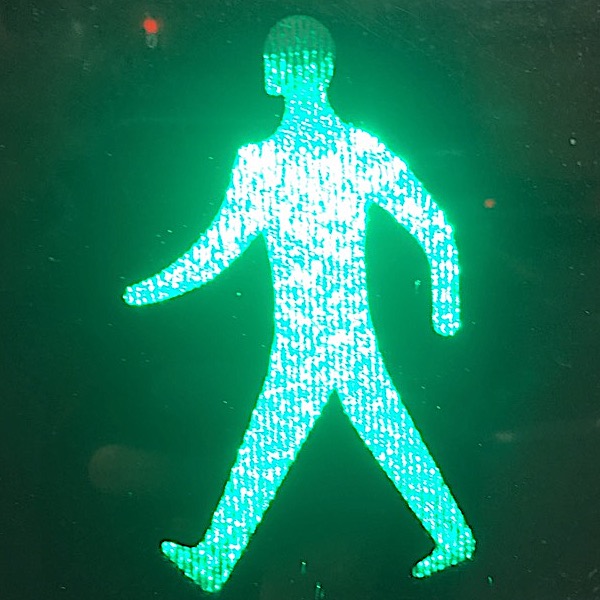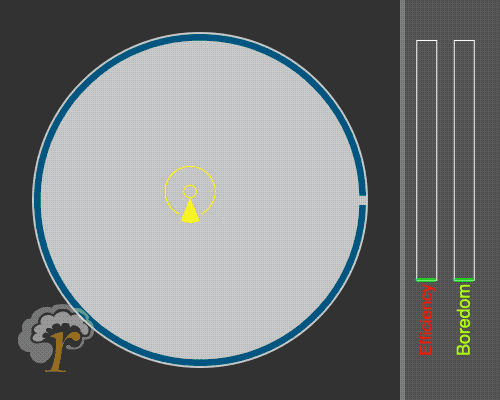Why you are so easily distracted
The gatekeeper’s job it is to be picky about what get’s into your conscious attention (and what gets to stay there). They take their job very seriously.
Learn what the gatekeeper likes to allow in, and how to get your important goals through the door.

Let’s say there is some task that you want to do. It’s not unpleasant, or overly difficult, but it needs a bit of effort that you want to focus your mind on. For me this might be to write a piece of code to solve a problem. For you it might be to do some cooking, or research holiday destinations, or help your child with homework. You can decide to just do it right now, but to get there, you have to get this task past a kind of gatekeeper-of-awareness who guards what is allowed to pass into your valuable attention.
There are a few precious slots that are allowed to burn conscious, focussed processing time, and the gatekeeper has some strict rules about what is important enough to be admitted. What seems important to you, is not always important to the gatekeeper. Even worse, the things that the gatekeeper likes to let in, are just unwelcome distractions to you.
The gatekeeper has a hierarchy of drives and needs that they use to assess if a job should get in (see Maslow’s Hierarchy of Needs to learn more). Your brain’s highest priorities are always the most basic for survival – food, warmth, shelter. Next comes safety and security, and then slightly more longer term drives, like social belonging, companionship and sex. Now the first level of needs are, fortunately for most people, taken care of, but even if they are, your brain often acts as though predatory danger, imminent starvation, and a devastating storm, are all just a moment away from us. It interprets possible events against these risks, just in case.
Now getting anything at all into your attention just because you decided to, is not good enough for the gatekeeper. Generally they need a good reason, whether a possible reward or benefit, or a fear of a consequence (a real, immediate and direct consequence) if it is not done. These benefits or consequences generally need to align with the priorities.
Marketers, media companies, and product designers can use these criteria (rewards and fears aligned to our basic drives) to sneak tasks onto our attention radar by appealing to the gatekeeper’s list of priorities. Think about some food that promises to give us an instant satisfaction, or a product or activity that suggests it will make us more popular and increase our belonging to the group, or make us attractive to a potential mate or companion. The gatekeeper does not care whether these promises or threats actually get delivered (that is not their job) only the promise that they might.
So when we decide to sit down and code, or research holidays, or whatever, we are going to be competing with phone notifications that might relate to our social status/belonging, or cravings for food or drink, maybe a nap, or all manner of noises, smells, fears and memories that might represent threat or opportunity.
As well as the importance (as the brain sees it) of the task, there is the difficulty, the likelihood of it getting done. If a task is daunting, maybe because it is just so big (maybe a task with no clear end) or it requires a skill that we are not brilliant at, it’s going to struggle to get in. The brain likes to know that something it grants precious awareness to, is going to use the minimum amount of time and resources, and that those resources were well spent. Again the advertisers will always lower the bar to achievement and up the sense of urgency for acting. These help our gatekeeper to wave them through.
One of the ways we can make the bouncer on the door of attention more likely to let us in, is if we can sneak in our task (or preferably fragments of a task, broken down) by being mindful of those priorities.
- Tell yourself why it is important, and think in terms of those primitive drives.
- Imagine how good it feels to have this thing done, as vividly as possible (or, if you must, imagine the hideous consequences of not doing it).
- Make sure your most basic needs (food, rest, comfort) are taken care of first.
- If you can’t satisfy those needs immediately, make yourself a promise to when you will (and keep it) to set those demands to one side.
- Define an achievable chunk of the task that has a clear end.
- Define it in a way that you know you have the skills, tools, environment to start it.
- If you need some special environment, or tools, then sort those out first.
- Make sure the very first step is really easy to do, and then ramp up from there.
- When you complete it, acknowledge to yourself that you did, and feel good about it. If you didn’t, have quick think about why (too big, too hard?), or what distractions pushed it out of the way.
To learn more about attention, with an interactive game to help you think about how it works, see the full article
See the full Attention Article
A full discussion of attention, illustrated by an interactive game to help you think about how it works


Play Games
Each Game level introduces a new idea about attention


Recent Comments